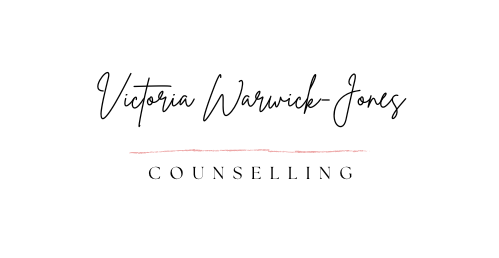Counselling for adults, children and teenagers
07565 820713
There are many misconceptions about counselling and what it actually is. If you have ever visited your family doctor feeling low, the chances are they mentioned counselling to you. But then what happened? Did you get counselling, did you dismiss it, are you on a long waiting list? Let me tell you about counselling, what to expect and what to look for from your counsellor.
First of all, talking to someone is not a sign of weakness or failure, it’s a show of strength and courage. To admit that you have a problem and need to speak to someone is a brave thing to do. So if you have spoken to your GP and are looking for a counsellor, give yourself a pat on the back, this is the first step to starting to feel better.
Many people are put on a waiting list to see the counsellor that their GP refers to. This can be helpful as it is usually a free service but there are some downsides. The waiting list may be long and you cannot choose your counsellor. If you meet the counsellor and you don’t like them you may feel obligated to carry on seeing them as you’ve waited so long.
When you meet a counsellor it is important to be honest with yourself about how you feel. Does this person make you feel comfortable or uncomfortable. Do you listen to your gut instinct about whether they will be someone you can speak to? If you are paying for your counselling sessions, have you checked that they are registered to an ethical body such as BACP? This will show that the counsellor is a professionally trained therapist and will be working ethically within a framework.
Counsellors work in differing ways and use different theories to help their clients. Look at their website and see what they offer. Usually a GP will refer you to a counsellor who is trained in CBT (Cognitive Behavioural Therapy). CBT can work quickly as it looks at your thoughts, your behaviours and how you can change them to move forward. It is a very good tool but is not a one size fits all. When used correctly and for the right reasons CBT can have a very good outcome.
Person-centred therapy is a type of counselling where the client is the expert of their own experiences. The counsellor is not there to fix or rescue the client, they are there to listen. This type of counselling can be incredibly powerful for a client as it could be the first time someone has sat and really heard what they are saying. The client brings what is happening in the here and now to the counsellor and each session can be very different. Carl Rogers believed that everyone has the ability to fulfil their needs but sometimes they may need to have the support of someone who will not judge them. A person-centred counsellor does not give advice, give opinions or offer to solve the problem but they will give unconditional positive regard for each and every one of the clients they spend time with.
Psychoanalysis is another theory within the counselling world where the counsellor looks at the client’s past and see if they can make sense of what is happening now and why. This theory was developed by Sigmund Freud and has it’s place in helping people to understand why they feel the way they do, why they act the way they do.
I work as an Integrative counsellor. I come from the person-centred approach but I call on the tools of some of the other theories to support my clients. Most counsellors will work like this as there are so many different ways to help each individual client and nobody needs to be treated the same. This way you can be sure that the counsellor will be using their professional skills to support you with your problem and call upon the appropriate methods to move forward.
Counselling can go wrong. Sometimes we are not in the right headspace for dealing with our issues. We cannot make anyone go to counselling, the client has to want to face the realities of what is happening for them. When the time is right to seek that help, that support will be there.
I hope this answers any questions you may have about starting your counselling journey. Remember it’s ok to try different therapists to find the right person to support you through the experience.
